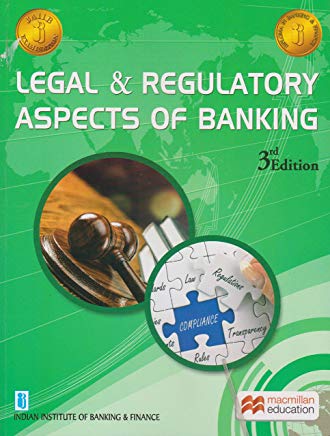JAIIB LRAB Unit 61 - Directors (Year: 2019)
The management of the company needs to be entrusted with a professional body, i.e., the board of directors.
The ownership and management of the company is thus bifurcated.
The board of directors control the day-to-day working and management of the company as well the long-term strategic planning of the company.
Every public company must have at least three directors.
A public company having
(a) a paid-up capital of Rs. 5 crore or more;
(b) one thousand or more small shareholders can elect a director from small shareholders.
Unless the articles provide for the retirement of all directors at every annual general meeting, at least two-thirds of the total number of directors of a public company, or of a private company which is a subsidiary of a public company, have to be
(a) Persons whose period of office is liable to determination by retirement by rotation;
(b) Appointment by the company in general meeting.
A company can have a maximum number of twelve directors and to increase this number, the approval of Central Government is required.
The board of directors can appoint directors by passing a resolution if such a power exists in the articles. Such directors are known as additional directors and they hold office only up to the date of the next annual general meeting of the company.
Every public company, or a private company which is a subsidiary of a public company, having a paid-up share capital of Rupees five crore must have a Managing or Whole time Director or a Manager
Vacation Of Office By Directors
The office of a Director becomes automatically vacant if
- he fails to obtain qualification Shares
- he is found to be unsound mind by the Court
- he is adjudged an insolvent
- he is convicted by Court
- he fails to pay any call in respect of Shares
- he is removed by shareholders by passing resolution.
JAIIB Study Material
| JAIIB Paper 1 Study Material |
| JAIIB Paper 2 Study Material |
| JAIIB Paper 3 Study Material |


